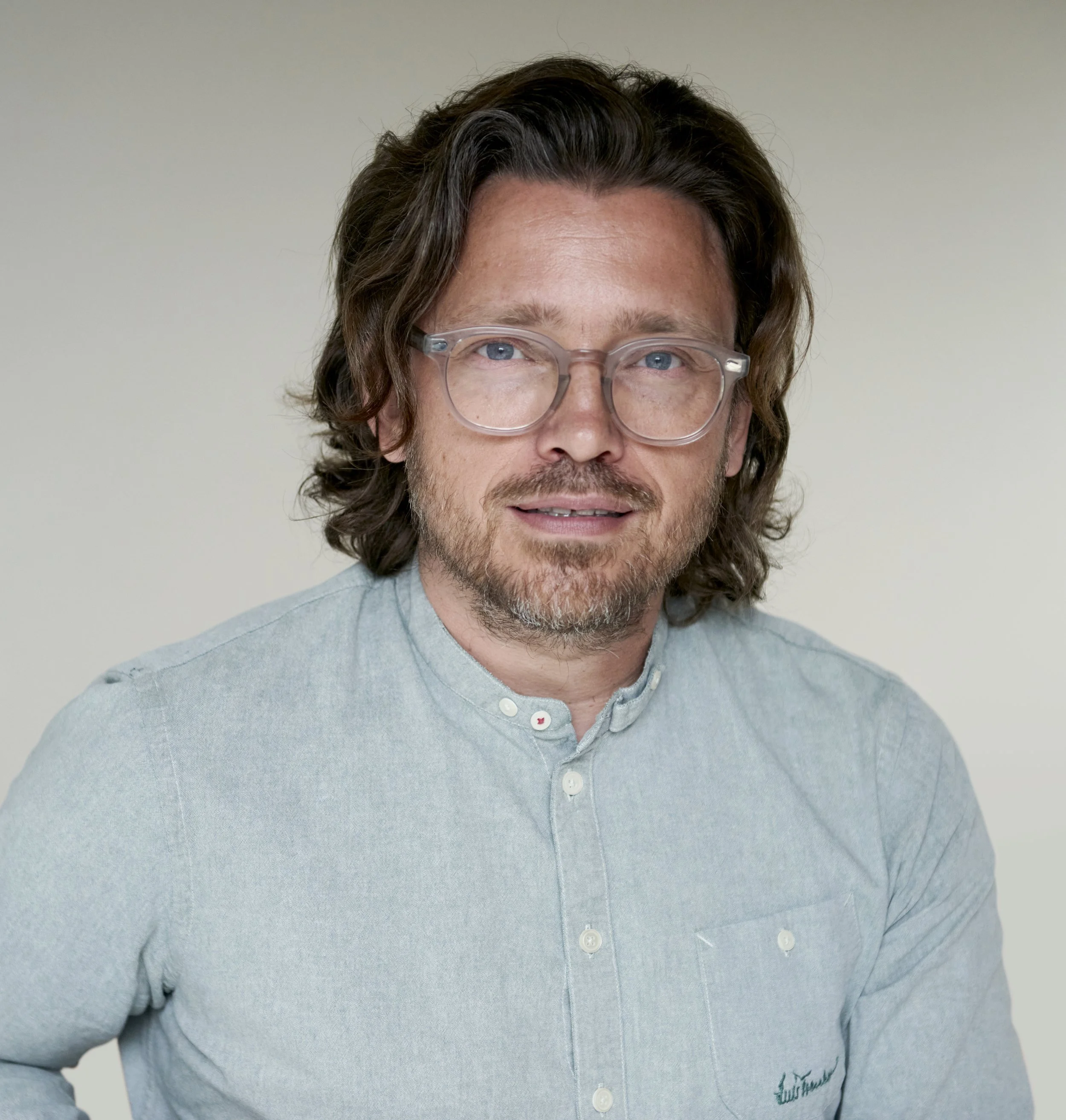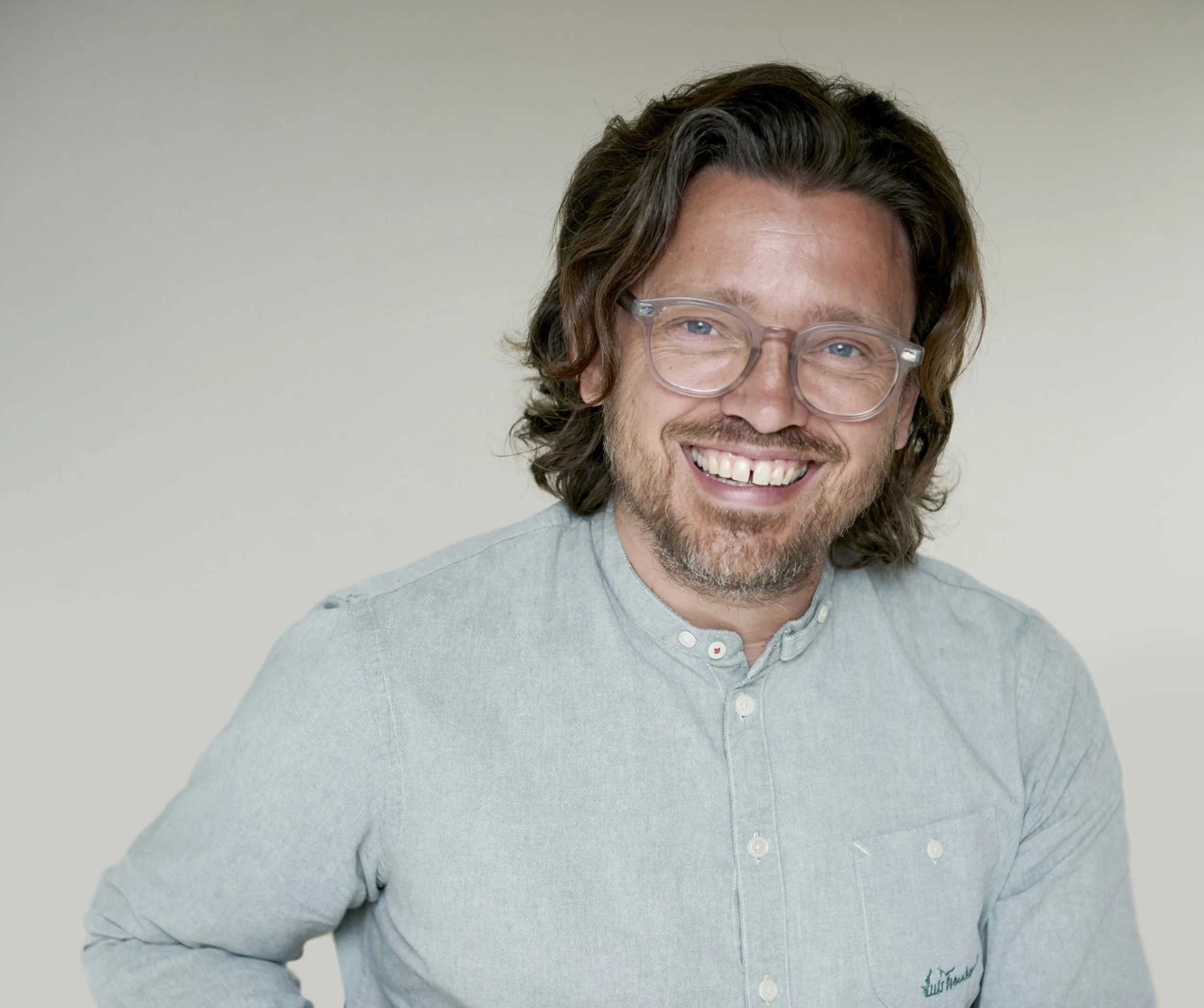Leadership Development
Become a better leader
The central question in your development as a leader is whether you can make things happen: Can I gain support for what I stand for? Can I build trust in my leadership role? Can I create motivation around what I am responsible for implementing? These questions apply to your relationship with your superiors, peers at the same level as you, and all the employees you are responsible for or who, in some way, depend on your leadership.
Another equally important question is whether you can endure the long haul. Whether you know what you want to stand for and if you can enjoy the journey.
While it certainly matters in your leadership role whether you are responsible for few or many people and large or small projects, the most important aspect is your ability to work on yourself in relation to questions like these.
Personal Leadership Development Through a Tailored Program
Personal leadership development is a journey of discovery that yields the best results when you are open to what may unfold along the way. You might find that there is something different at play than you initially thought. Perhaps you experiment with what you learn throughout the process and discover that it comes naturally to you – and there’s always something new to tackle. Or you may realize that you need to steer your leadership development in a direction that feels more natural for you.
That’s why a tailored program is often far more effective than a predetermined one.
A good leader consistently takes their own leadership development seriously: Is there trust in me from above, below, and beside me within the organizational hierarchy? Am I succeeding in what I set out to achieve? Can I accept the trade-offs that my leadership journey demands of me? And do I enjoy the journey along the way?
A good leader also takes their ability to make decisions and create results seriously: What succeeds for me and what does not go as well? Which of my skills and qualifications can I confidently rely on? And where do I need to learn more?
If you sense that questions like these are worth exploring, you should consider a tailored program in leadership development and counseling.
What Can You Work on During a Leadership Development Program?
You can work on concrete challenges as well as constant improvement. The following themes are examples:
Build a Strong Team
Inclusive and trusting teams achieve the best results with maximum well-being.
Leadership in Adversity
How do you handle your role during times of crisis, in a challenging environment, or when you are running out of energy?
Transformations
How do you mobilize the organization’s resources and your own to not just get through a transformation, but to do so effectively enough that you are ready for the next challenge?
Your Own Energy
How do you mobilize your own energy so that you have the strength not only for your current challenges but also for the long haul?
Ethical Dilemmas
What is the right thing to do in a difficult situation? Which path do you choose so that you can look back with pride on the decisions you have made?
How Does a Leadership Development Program Work?
We meet at my welcoming office in Copenhagen, which is situated by the canals of Christianshavn. Virtual meetings are also an option, although my experience shows that in-person meetings work best. Additionally, I have a few days each month when I travel to clients.
In our initial conversation, we typically cover what you would like to work on, and we confirm whether we are a good match – meaning that I believe I can help you, and you believe you can benefit from the process.
A coaching program generally consists of 10 sessions. We adjust how often we meet based on your needs – it can be weekly, monthly, or anything in between. Along the way, we assess together whether we are on the right track and if things are progressing as they should.
No two coaching programs are the same. It is common for it to take 10-15 sessions to thoroughly address an issue, but I essentially want all my clients to take as few hours as possible. Sometimes, however, it may require many more hours. In the meantime, we build a solid foundation that can last a long time.
A Leadership Development Program is for You If You:
Need to implement a new strategy, a significant transformation, or another major project.
Need to create a new leadership team or take over the responsibility for an existing one.
Need to lead a team or organization through a crisis.
Are facing other challenges that require skills you have not yet learned.
Have ambitions to be the best leader you can be.
Want to achieve better results and improved well-being at the same time.
Want your leadership role to feel natural and sustainable.
Understand that the best leaders are in constant development.
Book et Leadership Development Program
Contact me today and let’s find time to talk about what you’d like to work with during our Leadership Development Program
How I Work with Leadership Development and Advisory
There are countless leadership models out there, and most have a short lifespan. They quickly gain traction on LinkedIn, books are sold, and tests are developed, only for the concept to slowly fade away. I keep up with these trends, but I don’t adhere to any specific model. My focus is on the timeless questions. I help you find a leadership role that feels meaningful and authentic to you. And I support you in sustaining the energy needed for the long haul so you can continue to excel as a leader and in all the other aspects of life that matter to you: friends, family, your health, and the good life in all its dimensions.
I am trained as a psychotherapist and have studied philosophy. I’ve also been a sailor and a top executive. This is the foundation of my toolkit. Therefore, we can talk practically about your business challenges, delve deeply into your leadership style, and discuss where you are in life. Ultimately, it all ties closely together.
On my journey from sailor to executive, I have met people from all walks of life and corners of the world, and I have learned that people with wisdom and dignity live meaningful lives in countless different ways. And that everyone, no matter their place in an organization, deserves a good leader.
Who Are My Clients
I welcome clients from almost all backgrounds—whether you’re a senior executive, middle manager, or employee, from a large or small organization, private or public sector. I’m not concerned with how many stars you have on your shoulder; what matters to me is simply that you’re motivated to work on your own development.
That said, my typical clients are senior executives or middle managers in larger organizations. This might include an executive team member in a large company seeking leadership advice or a middle manager looking for career guidance. It could be a newly promoted leader wanting to improve their ability to lead their team, or an experienced specialist facing challenges as their organization evolves in a difficult direction.
-
A good leader is capable of making the right things happen, both in the here and now and over the long haul. It’s about making sound decisions, building strong teams, and embodying human qualities. What it takes to be a good leader is constantly evolving. Therefore, a good leader is also someone who takes their own development seriously.
-
The first step towards becoming a good leader is understanding your own values. What’s important in your life, and how would you like to be known as a leader? What’s at stake for you? The next step is to seek feedback from those who rely on you: your leadership, your fellow managers, and those you lead—and not least from your family. How do they see you as a leader? What do they appreciate, and what do they feel is missing? Then, the task is to work on aligning these two perspectives. This requires reflection, courage, and effort.
-
Your leadership skills need to be developed and maintained. It’s not the same as sports, where athletes spend most of their time training for a game that hardly changes. A leader's "game" is constantly evolving, and there’s no scheduled training. That’s why it’s essential to carve out time in your calendar for reflection. Reflect on your practices, talk with colleagues, experiment with new approaches, and learn from your mistakes. Coaching encompasses all of these elements
-
Take an hour or two once a month to ask yourself if you're achieving what you set out to, and to ask those who depend on you what they appreciate and what they feel is missing from you. Consider what you might do differently right now. Experiment and learn from your mistakes. Keep it simple and manageable. Coaching can be a valuable way to get help asking the right questions and to hold yourself accountable to your desire for growth.
-
Leadership development consists of two processes: an inner and an outer one.
The inner development process is where you reflect on who you are as a person, what you want to achieve in life, and how you wish to lead. The outer development process is where you act on this inner reflection to create change. You try new habits and methods, learn from your mistakes, see how they work, and determine if they bring you closer to what’s important to you. A coaching program with leadership advisory and development can support you in all of this.


